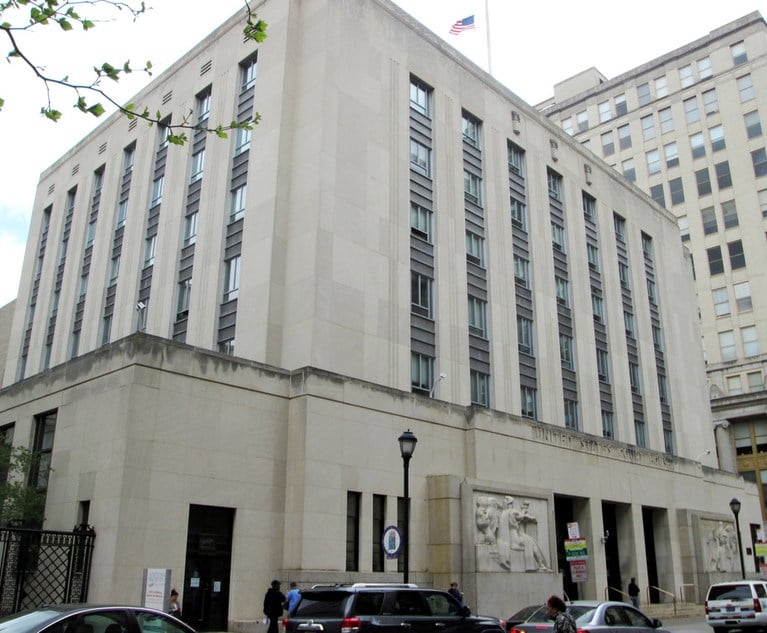Employees use their employers’ computer networks for many purposes. Mostly, they perform work-related tasks, but they easily and often migrate to personal activities. If that personal activity exceeds the employee’s “authorized access,” however, the employee might technically trigger a broadly written federal law (the Computer Fraud and Abuse Act, or CFAA). In Van Buren v. United States, the court must decide whether a person, who is authorized to access information on a computer for permitted purposes, violates the CFAA when he accesses the same information for an unauthorized reason.
Under the CFAA, an individual engages in criminal behavior when he “accesses a computer without authorization or exceeds authorized access,” and obtains information from a protected computer. See, 18 U.S.C. Section 1030(a)(2)(C). Congress defined the phrase “exceeds authorized access” to mean: “to access a computer with authorization and to use such access to obtain or alter information in the computer that the accesser is not entitled so to obtain or alter.”


 Catherine Yun, left, and Stephen Miller, right, with Cozen O’Connor. Courtesy photos
Catherine Yun, left, and Stephen Miller, right, with Cozen O’Connor. Courtesy photos




